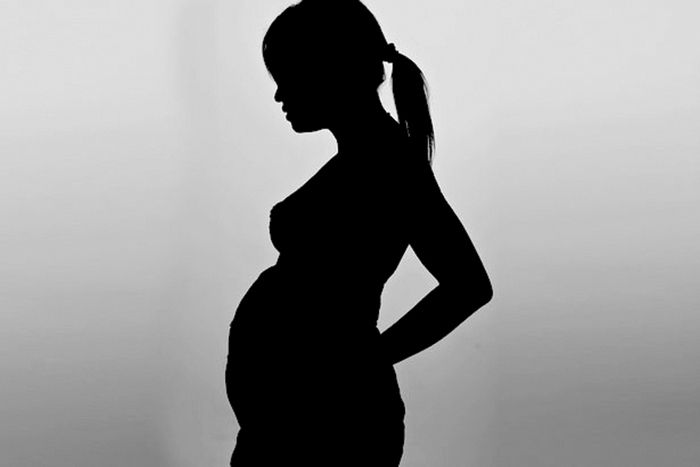Is Teenage Pregnancy a Lifestyle Choice?


By Mariam Mokhtar
On October 12, the state government was alarmed by the report of 615 cases of teenage students becoming pregnant in 2015. The State Health Committee chairman, Dr Mah Hang Soon claimed that these pregnancies represented 78 per cent of the 787 cases recorded at government clinics. He said that stern action would be taken to address the situation.
Records showed that 411 teenagers, who were married, had become pregnant whilst still at school. Another 204 teenagers became pregnant and decided to continue their schooling, but did not want to get married.
Although 120 of the pregnant teenagers decided that they would marry, they also opted to stop going to school. Finally, 52 pregnant teenage girls simply stopped schooling altogether, despite not marrying.
When the State Health Committee decided that the teen pregnancy issue had to be addressed, they did not explain the action they would take.
Will they conduct a media blitz and advise teenagers to practise safe sex? This move may attract criticism from the conservative elements in our society and from many parents.
Will the committee make the morning-after-contraceptive pill, easily available, at pharmacies? This pill stops girls from getting pregnant, provided they take it within 24 hours of having sex.
Will the committee request the Ministry of Education to implement sex education in schools?
The people who want sex education to be taught in schools, face a major problem because many teachers have already intimated that they are reluctant to teach the subject, for a variety of reasons.
Some say that it is because of their religious faith. Others feel awkward and inadequate answering questions from teenagers, whose knowledge of sex, probably gleaned from the internet, is greater than theirs. A few feel that they may be under attack from parents who feel that their children are being taught how to have sex.
So, what are the measures which the State Health committee will adopt to tackle this problem?
Dr Mah said that the data came from government clinics; however, it is possible that some pregnant teenagers may have gone to private clinics. There will be an unknown number of pregnant teenagers who would not have sought any treatment from either government or the private clinic, and would have opted to seek assistance from traditional healers.
So, what is the true overall figure for the number of teenage pregnancies amongst students at school? Is it much higher than the figure reported?
The records must have revealed the ages of the teenager. Are they mostly in the early or late teens? Did the clinics find out how and why the unmarried girls were impregnated? Was the sex consensual? Had they been raped? Were they aware of what their male partners were doing to them?
The report said that 615 cases of students becoming pregnant had been reported. The incidence of teenage pregnancies, whilst at school, is not a new phenomenon. Was the committee alarmed because the figure of 615 represents a large increase? What was the number of teenage pregnancies last year? What was it over the past decade? What is the trend? If there were any dips or peaks in the statistics, could the committee find a cause for the phenomenon?
Did the report state whether the pregnant teenagers came from urban or rural schools? Broken down further, were they from national schools, religious schools, boarding schools or vernacular schools?
It would be interesting to know the races of the 787 pregnant teenagers.
The population census for 2000 showed that out of the 11,400 children who were married and below 15 years old, 6800 were girls. This group comprised of 2450 (36%) Muslims and 4350 non-Muslims. In this latter group, there were 1550 (22.8%) Bumiputeras, 1600 (23.2%) Chinese, 600 (9%) Indians, and 600 (9%) children of other races.
Malaysia’s syariah court goes against the civil court ruling. Under Section 376 of the Penal Code, sex with a minor is statutory rape. This means that sexual intercourse with a girl under the age of 16 is a crime, with or without her consent.
A 16-year-old Muslim teenager can marry, with the consent of the syariah court. Exemptions are allowed for girls below 16. The permission to marry can be obtained from the Chief Minister or Menteri Besar. Why would normal, responsible parents allow the state to make decisions about their child?
A teenage girl who becomes pregnant and drops out of school, is denied an education and she will have neither social nor technical skills. She is tied to children, poverty and pain, during and after her marriage.
For this reason, the need for sex education, in our schools, for both boys and girls is all the more pressing. The ulama and conservative parents should understand that sex education is not a licence for free sex. Sex education will teach teenagers about their responsibilities and about forming healthy relationships.


